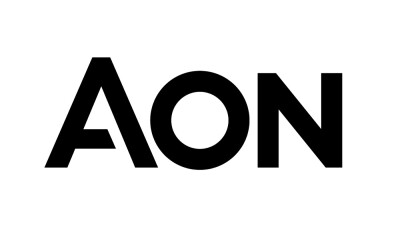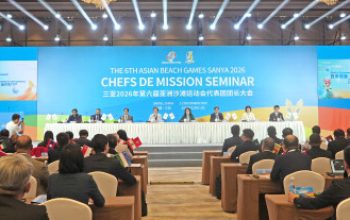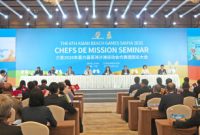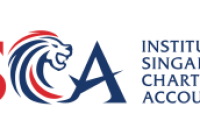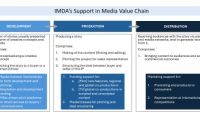MANILA, PHILIPPINES – Media OutReach Newswire – 13 February 2025 – Aon plc (NYSE: AON), a leading global professional services firm, today released results from its 2025 Human Capital Employee Sentiment Study. The global study of more than 9,000 employees across 23 geographies, including the U.S., China, India and Japan, found that a majority of workers in the Philippines are looking at their next move and seek better employee benefits to respond to rising costs and mental wellbeing issues.
Aon’s study reveals that 64 percent of employees in the Philippines are either in the process of moving employers or might seek new employment in the next 12 months. Tight competition for talent highlights the need for employers to place a strong focus on total rewards to meet the evolving expectations of their workforce.
Josef Ayson – growth lead for Talent Solutions for the Philippines at Aon said, “Competition for skilled talent is increasing across the Philippines. This affects not just Manila where the right talent is more readily available but also in cities like Cebu, Davao, and other islands within the archipelago. In such an environment, managing and retaining employees is important for firms to remain competitive. Compensation strategies based on the latest data and analytics from their own organisations as well as the market, can help companies make more informed decisions on attracting and retaining employees in this evolving workforce landscape.”
The survey further revealed that medical coverage, paid time off and work-life balance programs have increased in value for the Philippines’ workforce. Eighty-three percent of those surveyed said that they would be willing to sacrifice existing benefits for a better choice of benefits, illustrating the need for flexibility and personalisation.
The top five valued benefits for the Philippines workforce are:
- Medical coverage
- Paid time off
- Work-life balance programs
- Career development
- Retirement savings
“Amid continued economic volatility and the rising cost of living, there is a growing expectation for employers to provide medical coverage and support for mental and financial wellbeing, said Cris Rosenthal, strategic advisory lead for Health Solutions for the Philippines at Aon. “Employers must rethink their approach to employee benefits balancing wages with flexible benefits to attract and retain the talent they need.”
The impact of the rising cost of living has also led worker to prioritize financial wellbeing. Sixty-five percent of employees said that employers should help employees save for retirement/long-term needs and 58 percent believe employers must provide financial education. This highlights the importance for organisations to make informed decisions using insights and robust market data to create a holistic employee value proposition aligned with employee needs and expectations.
Read Aon’s Employee Sentiment Study here.Hashtag: #Aon
The issuer is solely responsible for the content of this announcement.
About Aon
![]() Aon plc (NYSE: AON) exists to shape decisions for the better — to protect and enrich the lives of people around the world. Through actionable analytic insight, globally integrated Risk Capital and Human Capital expertise, and locally relevant solutions, our colleagues provide clients in over 120 countries with the clarity and confidence to make better risk and people decisions that protect and grow their businesses.
Aon plc (NYSE: AON) exists to shape decisions for the better — to protect and enrich the lives of people around the world. Through actionable analytic insight, globally integrated Risk Capital and Human Capital expertise, and locally relevant solutions, our colleagues provide clients in over 120 countries with the clarity and confidence to make better risk and people decisions that protect and grow their businesses.
Follow Aon on ![]() LinkedIn,
LinkedIn, ![]() X,
X, ![]() Facebook and
Facebook and ![]() Instagram. Stay up-to-date by visiting Aon’s
Instagram. Stay up-to-date by visiting Aon’s ![]() newsroom and sign up for news alerts
newsroom and sign up for news alerts ![]() here.
here.
Disclaimer
The information contained in this document is solely for information purposes, for general guidance only and is not intended to address the circumstances of any particular individual or entity. Although Aon endeavours to provide accurate and timely information and uses sources that it considers reliable, the firm does not warrant, represent or guarantee the accuracy, adequacy, completeness, or fitness for any purpose of any content of this document and can accept no liability for any loss incurred in any way by any person who may rely on it. There can be no guarantee that the information contained in this document will remain accurate as on the date it is received or that it will continue to be accurate in the future. No individual or entity should make decisions or act based solely on the information contained herein without appropriate professional advice and targeted research.


